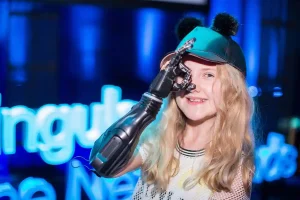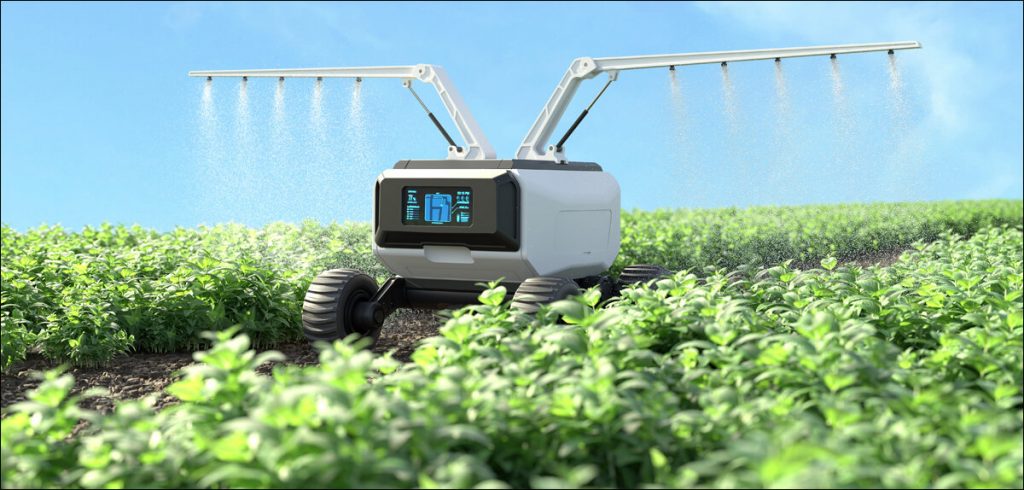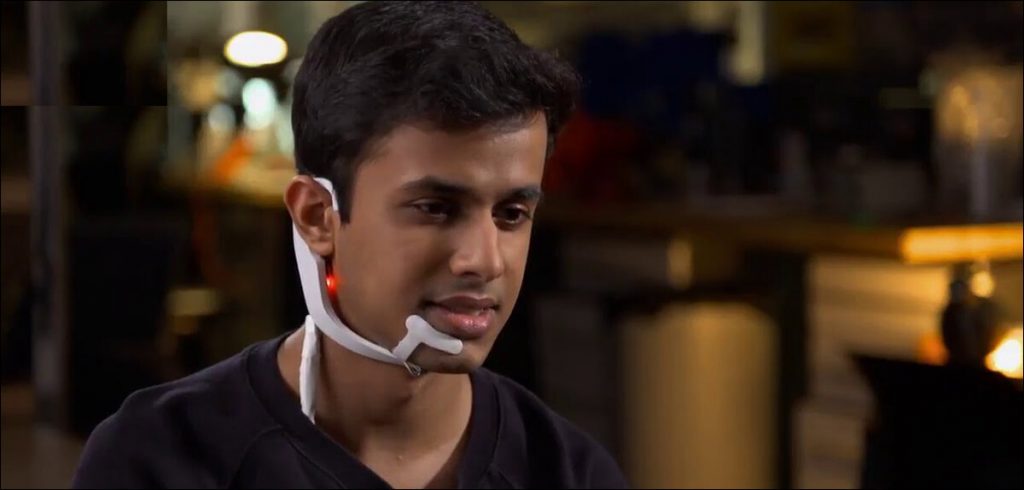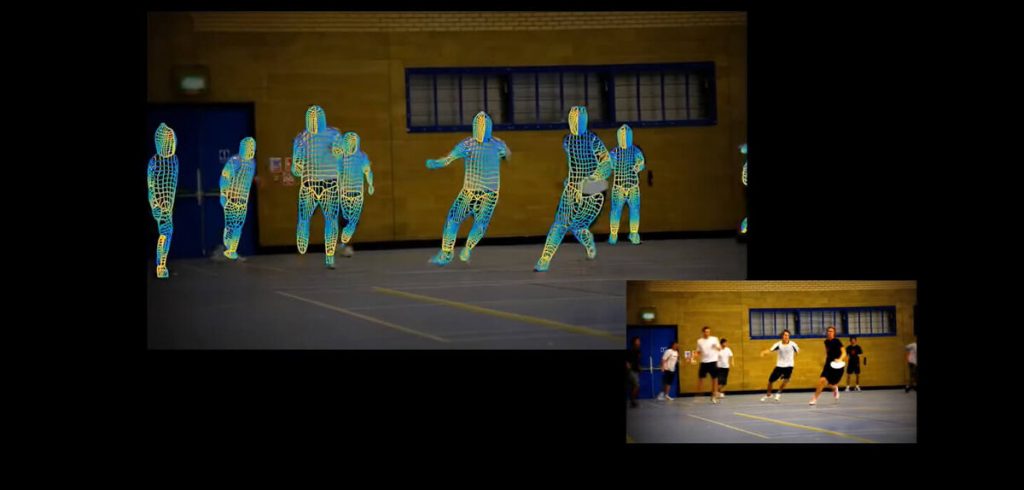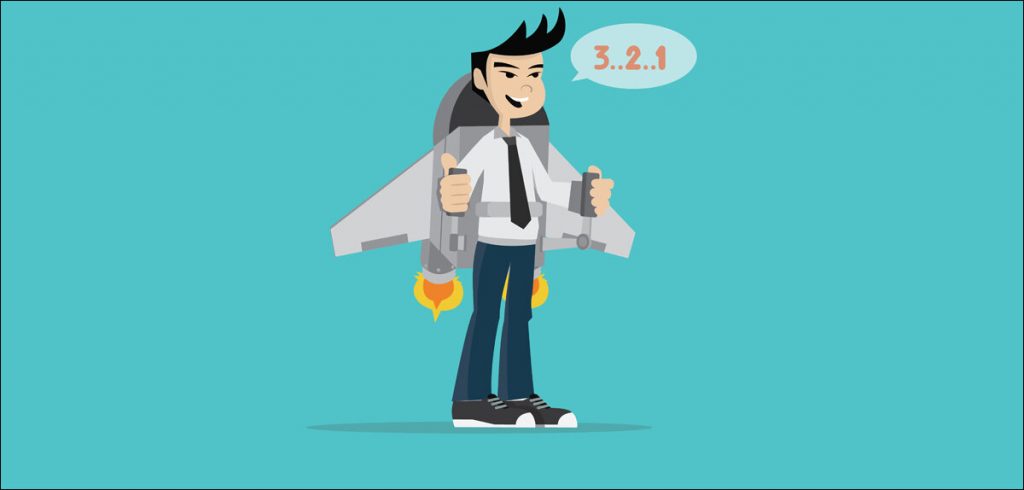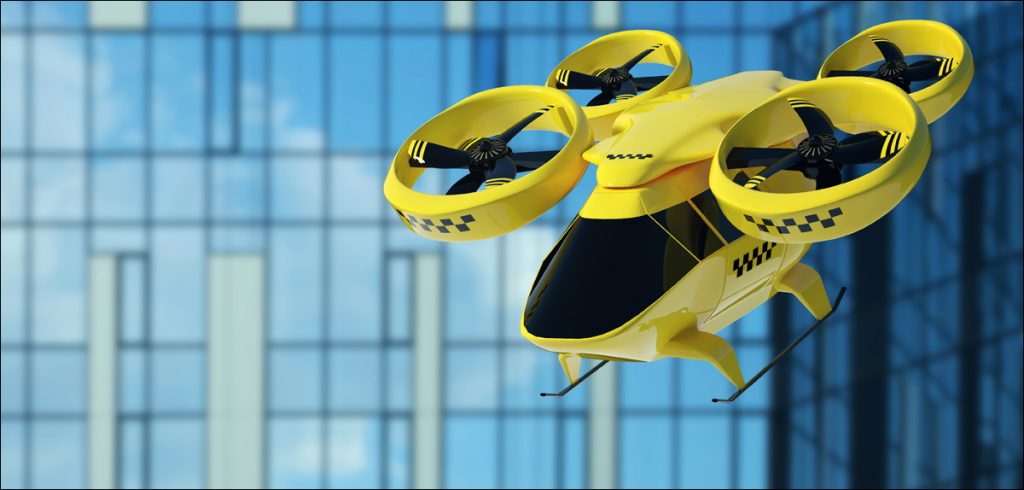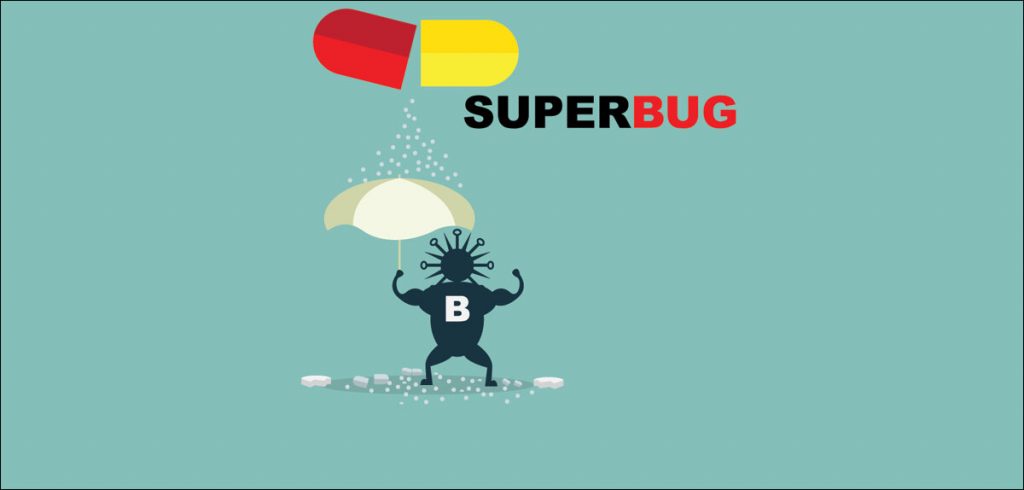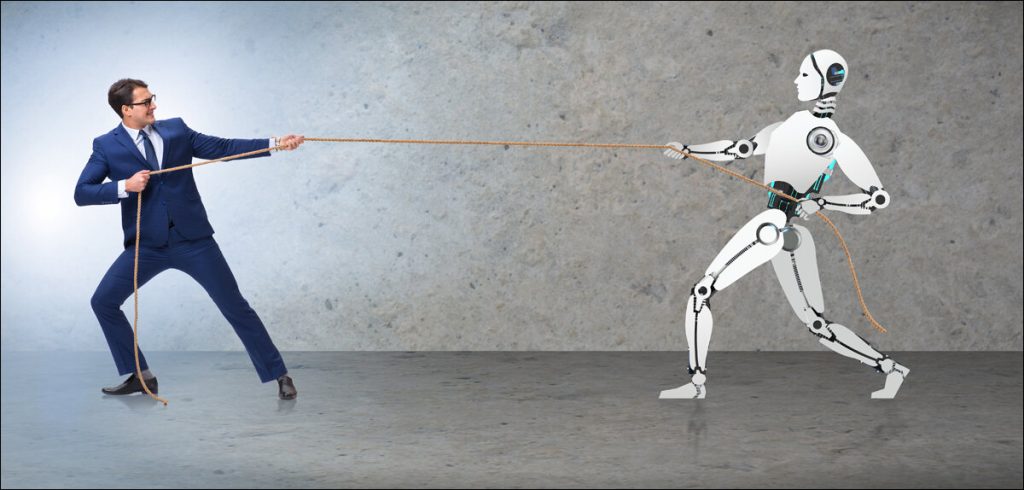Author: Nigel Pereira
With a background in Linux system administration, Nigel Pereira began his career with Symantec Antivirus Tech Support. He has now been a technology journalist for over 6 years and his interests lie in Cloud Computing, DevOps, AI, and enterprise technologies.
A parliamentary panel has recommended the use of AI and “tiny robots” to help offset the uphill economics of agriculture on small farms in India. If any of you have ever tried your hand at farming or even just growing vegetables in your backyard you would know that controlling weeds is a major part of the battle, especially if you’re growing organically in soil. While there are a lot of ways to mulch the soil and even use fabric to prevent weeds from eating your plant food, the whole process can be quite expensive as well as labor intensive depending…
While technology isn’t at a place where it can resurrect our pets just yet, it is at a place where it can create genetically identical clones of them. Losing a pet is arguably the hardest day of a pet owner’s life and it doesn’t end there. What follows is often months and even years of longing and a sense of loss that isn’t easy to deal with. While technology isn’t at a place where it can resurrect our pets just yet, it is at a place where it can create genetically identical clones of them, provided of course that you…
“All you have to do is internally articulate words as if you were silently reading and the device, wearable like a headset, picks up signals from your brain and converts them back to natural language”. The definition of telepathy is to be able to communicate with someone using only your mind. While we haven’t achieved that yet and are still restricted to either the written or spoken word or in some cases sign language, we can now communicate telepathically with computers. Designed by an Indian MIT student Arnav Kapur, the AlterEgo enables users to communicate with machines, AI assistants, online…
“Yes, a simple WiFi signal can be used to spy on us through walls, a scary thought for people who value their privacy”, Nigel elaborates. Seeing through walls is an ability most people associate with Superman’s X-ray vision or James Bond’s X-ray sunglasses but scientists at Carnegie Mellon University have come up with a way to see through walls using a neural network and WiFi signals. While previous efforts by MIT researchers used radio waves to see through walls, the images were typically low resolution and difficult to use to identify people. WiFi signals, however, are apparently even better than…
Chicken grown in a lab from cultivated cells has been approved for sale in the US, and no, we’re not talking about chickens raised in labs, says Nigel. It’s been over a month since everyone and their grandmother became experts on submersibles with the implosion of the Titan. While that was happening, however, one headline that quietly slipped by most people’s attention was the FDA’s approval of lab-grown or “guilt-free” meat. Yes, chicken grown in a lab from cultivated cells has been approved for sale in the US, and no, we’re not talking about chickens raised in labs. The process…
While Jetpacks have mostly been part of science fiction till now, Domino’s Pizza seems to have made it a reality. From Mario to Dangerous Dave, Grand Theft Auto, and Subway Surfer, Jetpacks are part of life in the gaming community, and you don’t need to explain to a gamer how they work. For everyone else, however, Jetpacks are jet-powered devices that are wearable like a backpack and give the user the ability to fly. While Jetpacks have mostly been part of science fiction till now, Domino’s Pizza seems to have made it a reality. In a video that has since…
ePlane claims its eVTOL is ten times faster than a car and a seat on this taxi will only be twice as expensive as an Uber!. There’s a meme that’s been doing the rounds on the internet which implies that while humans predicted flying cars by 2023, the reality is that we have to print warning labels on wrappers so people don’t eat them. Funny as that may be, it may not be accurate much longer; flying cars are officially here. Earlier in June this year, the first fully electric flying car legally received approval from the US govt. If…
AI can now be used to help scientists discover new drugs in a fraction of the time it would take by conventional methods says Nigel. If you have a fear of hospitals in general, you may want to skip this post. Superbugs or Hospital Acquired Infections are very real, and the problem is growing bigger by the day. One in 31 Americans contracts a hospital-acquired nosocomial infection (HAI) each day, according to the CDC (Center for Disease Control). Similarly, according to a recent survey across 120 ICUs in India, HAIs made up 73.3% of blood infections and over 53% of…
“LLMs are continuously evolving, could lead to an “arms race” between Chatbots that can write like humans and AI detection software that can catch them”, says Nigel. Earlier in May this year, we covered a story where ChatGPT invented a sexual harassment lawsuit, causing a lot of problems for the actual person it claimed was the accused. What followed was a wake-up call for many who began to realize that ChatGPT freely invents and sometimes even writes its own scientific papers and news articles to back up bogus stories that it creates out of thin air. Heather Desaire, a chemistry…
Vacations or happy periods show evidence of repigmentation among some, especially those under 40, says Nigel Pereira. If you’ve been looking in the mirror and noticing more and more grey hairs of late, welcome to the club. According to a study by L’oreal, only 1 in 10 people survive the greying process into their 60s. The rest of us, however, are subjected daily to a stark reminder of just how old we actually are. Now while there’s nothing wrong with grey hair, and a lot of people have and continue to make that look work for them, it is something…

